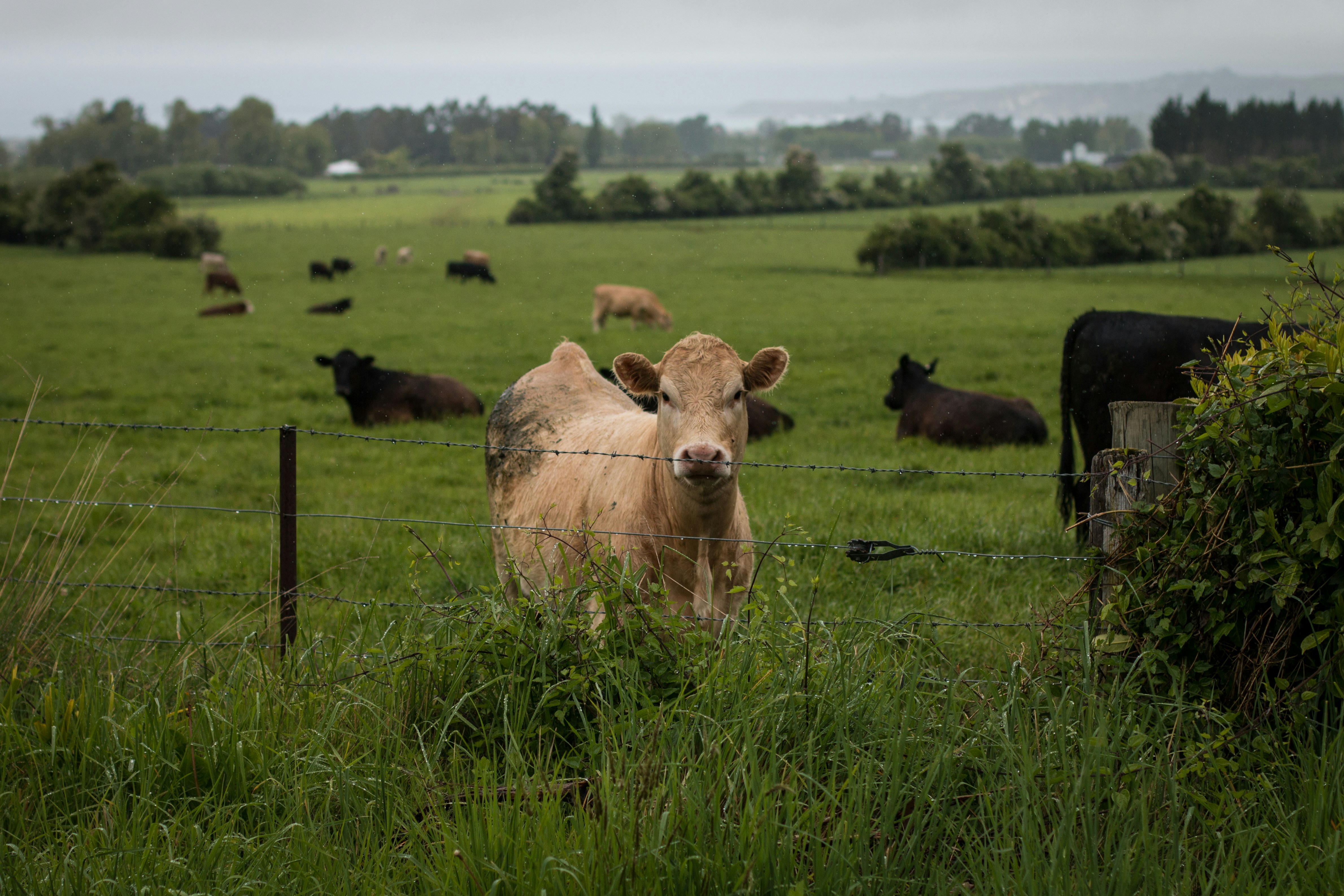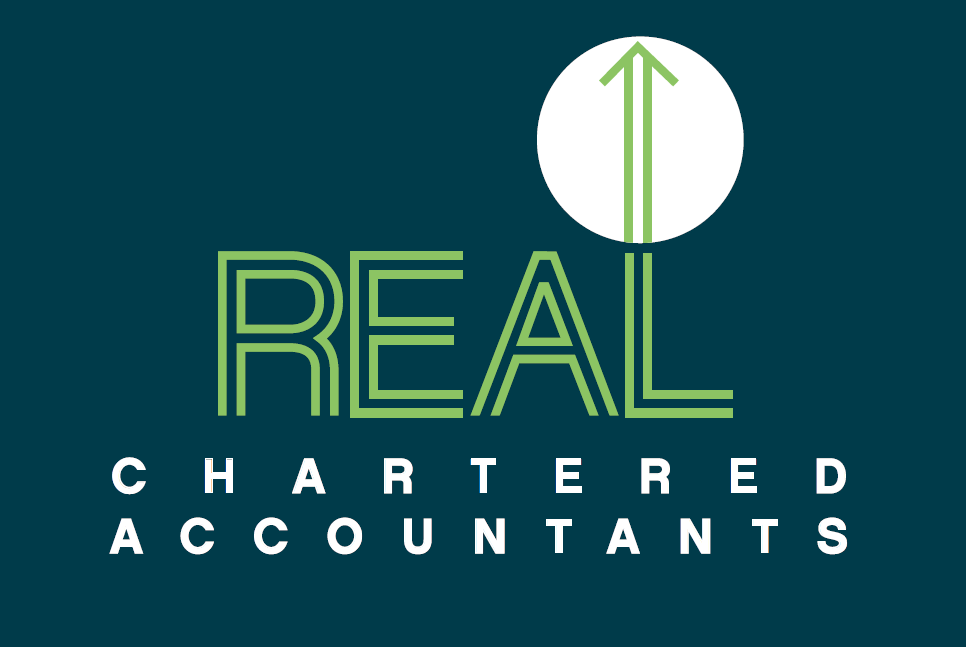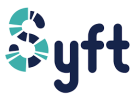NEWS
Understanding Farm Accounting - Deductions and Tax Implications

Farm accounting is a specialized area of tax, and it’s crucial for farmers to understand the deductions and tax implications that can apply to their operations. From the cost of developing the farm to managing livestock and vehicle expenses, proper record-keeping and strategic planning can help reduce tax liabilities and ensure compliance. In this blog post, we’ll explore the key areas of farm accounting, including farm development, deductions, and tax strategies for various aspects of farm operations.
Farm Development
Farmers can benefit from a 100% deduction on certain types of farm development expenditure. These deductions help reduce taxable income for farming businesses. Some of the eligible farm development costs include:
- Destruction of weeds or plants detrimental to the land: Any expenditure incurred to remove harmful plants.
- Destruction of animal pests: Costs related to removing animal pests that affect land productivity.
- Repair of flood or erosion damage: Expenditure on repairing damage caused by natural events.
- Clearing of scrub, stumps, and undergrowth: Costs related to clearing land for agricultural purposes.
- Construction of fences for farming purposes: This includes stockyards and cattle stops.
- Re-grassing and fertilising of pastures: This applies to pastures not involved in significant capital activities (e.g., changing beef farming to dairy farming).
These deductions are available to ensure that farmers can reinvest in the land and maintain or enhance the productivity of their operations.
Capitalizing and Amortising Improvements
While some farm improvements must be depreciated, others can be amortised. Amortisation differs from depreciation in that no amortisation recovery is made when the asset is sold. However, the purchaser can continue amortising the asset at the same prescribed rate. Here are some of the improvements that can be amortised:
- Preparation for farming: This includes land that has never been farmed before.
- Re-grassing and fertilising as part of significant activities: For example, converting land from beef to dairy farming.
- Draining of swamp or low-lying lands: Necessary for improving land productivity.
- Construction of new tracks: Roads and tracks that improve farm accessibility.
- Building infrastructure like dams, irrigation systems, and wells: These investments help enhance farm operations.
- Widening of metaled farm access tracks: Regular maintenance (repair and maintenance) of existing tracks is fully deductible.
These improvements are integral to ensuring the long-term viability of the farm.
Farm Dwelling Deductions
The tax treatment for farm dwellings depends on the size of the farm. For larger farms (Type 1), 100% of rates and interest can be claimed, along with 50% of telephone, electricity, repair and maintenance, and insurance costs. For smaller farms (Type 2), these expenses are subject to dissection where possible. If dissection is not possible, a 20% claim can be made for these costs.
Other Farm Expenses
Several other farm expenses can also be fully deductible:
- Protective clothing: This includes items like gumboots, overalls, hard hats, and steel-capped boots.
- Consumable aids: Expenses for hay, silage, or fertiliser are fully deductible in the year they are used. However, if consumable aids on hand exceed $58k at balance date, they must be added back as income and shown as stock on the balance sheet.
- Deferred Fertiliser: Fertiliser costs can be spread over four years to smooth income between years. This option requires notifying the commissioner before filing the tax return for the year the costs were incurred.
Motor Vehicle Expenses
The tax treatment for motor vehicles depends on the type of entity and the usage of the vehicle:
- Sole Traders and Partnerships: If the vehicle is used exclusively for business, all related expenses are fully deductible. If the vehicle is used for both business and private purposes, the costs must be apportioned accordingly. This can be done using actual business costs, mileage rates, a logbook, or the default 25% business use rate.
- Companies: Similar apportionments can be used, but companies also have the option to apply Fringe Benefit Tax (FBT).
Additionally, excise duty on petrol, LPG, and CNG can be refunded if the vehicle is used for commercial purposes and not on public roads. This applies to certain exemptions, such as ATVs, tractors, and earth-moving machinery.
Livestock Valuations
Valuing livestock is a key part of farm accounting. Specified livestock, including sheep, beef cattle, dairy cattle, deer, goats, and pigs, must be valued using one of several approved methods:
- National Standard Cost (NSC): This method uses the cost of production system rather than market values. Farmers apply the NSC to homebred stock and use the purchase price for purchased stock. The average cost is applied to livestock on hand at the balance date.
- Herd Scheme: Under the Herd Scheme, livestock is recognized as a capital item. While the income generated from livestock (such as meat, wool, and milk) is taxable, any increase or decrease in the value of the herd is not recognized as income, providing inflation protection for the herd.
- High-Priced Livestock: Livestock purchased for more than $500 and intended for breeding may need to be valued as high-priced livestock. This valuation is done until their written-down value is less than the market value for the class of animal.
Choosing the right livestock valuation method can impact your farm’s taxable income, and farmers should consider factors like herd values and current market conditions when making this decision.
Employee Accommodation
If a farm provides accommodation to an employee, the value of that accommodation can be considered taxable income. This applies if the employee receives an accommodation allowance or is provided with accommodation at below-market rental rates. In such cases, farmers must calculate the value of the accommodation, including power, internet, and phone costs, and withhold PAYE (Pay As You Earn) taxes accordingly.
What Next?
Farm accounting can be complex, but understanding the available deductions and tax treatments can significantly benefit your farming business. From development and capital improvements to livestock valuations and vehicle expenses, there are numerous ways to manage your farm’s finances to reduce taxable income and optimize tax planning. As always, it’s crucial to consult with a tax advisor who specializes in farm accounting to ensure compliance and maximize potential savings.
By staying informed about the latest rules and utilizing available deductions, farmers can focus on growing their businesses while managing tax responsibilities effectively.
Disclaimer
This information is intended to provide general advice only. We recommend you discuss your specific situation with your Accountant.









